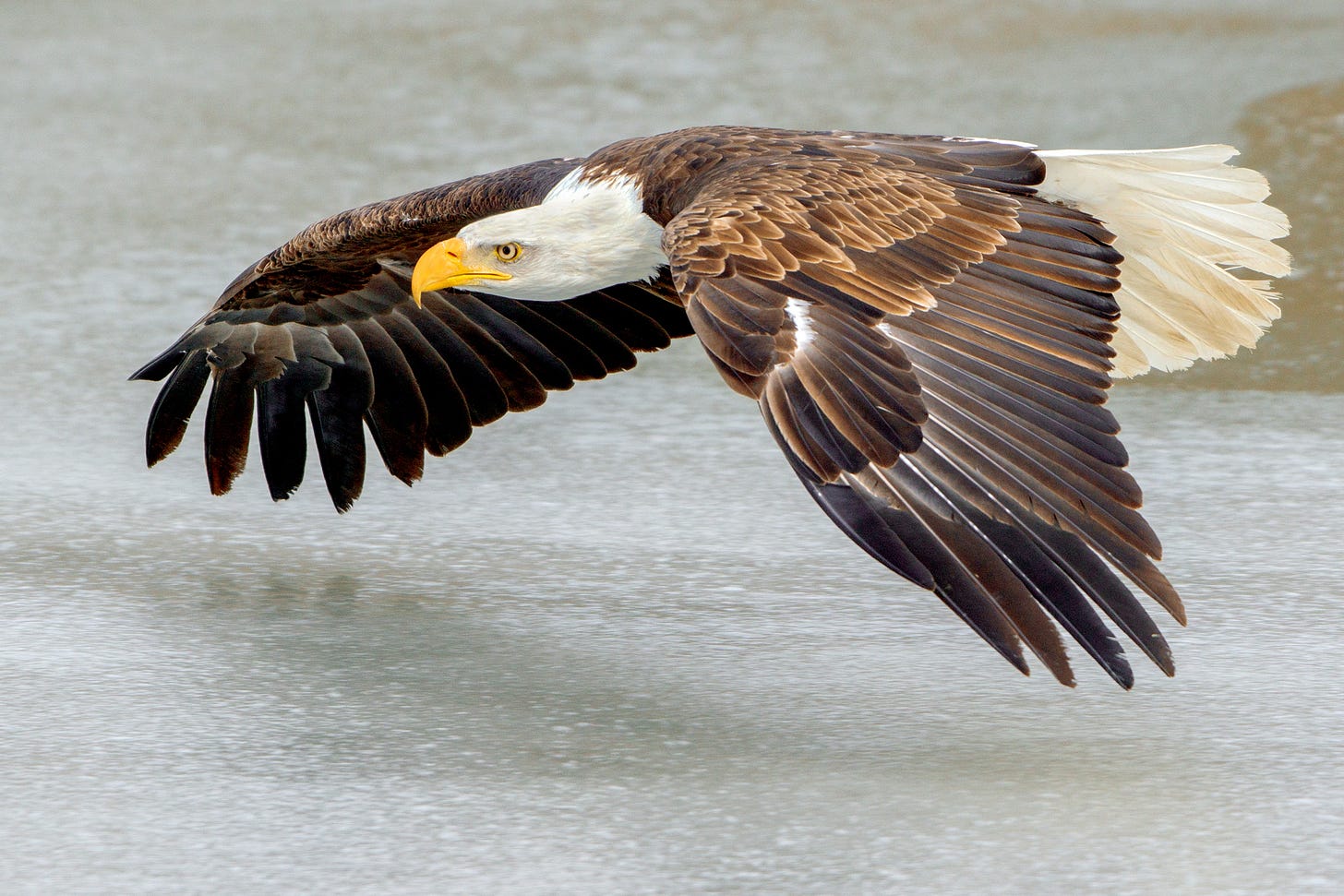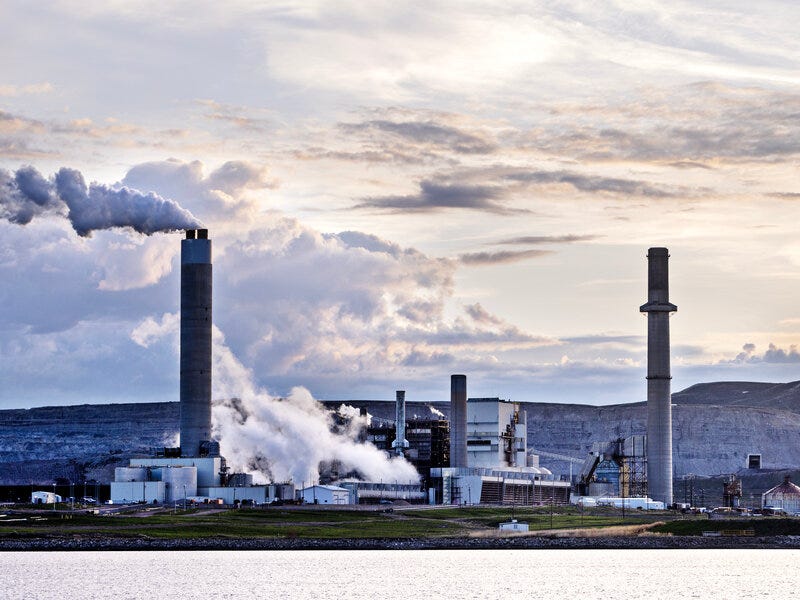Every American generation, it seems, has to get a crash course in government.
By “crash,” I mean an emergency lesson, but also a crackup.
We’re getting one now. It’s across the board, but for purposes of this essay, let’s focus on how government’s role in protecting the environment is both vital and irreplaceable.
Last December, Congress passed and the former president signed a bill designating the bald eagle as America’s official national bird. (A surprise to me — I’d assumed that happened decades ago.)

Credit: Peter Burian
There are few sights as majestic and awe-inspiring as a bald eagle wheeling high over a river, than plunging at terrific speed to catch its fish lunch.
But we’re lucky there are bald eagles at all in the U.S. A little over half a century ago their survival as a population in our country was in question. Then government, expressing the will of Americans, banned toxic DDT, which had thinned eagle eggs, and the rebound began. In 1963, only 417 mating pairs were known in the U.S. In 2016, their population was estimated at 30,574 breeding pairs. The number continues to rise.
It would have been nice if manufacturers and users of DDT had voluntarily discontinued DDT applications. But even if many had wanted to, it would not have happened en masse without a national rule.
Another law, the Endangered Species Act, also contributed to the recovery of bald eagles.
Now we’re going to get a big crash course on why government laws and rules are indispensable to a healthy environment. The head of the US EPA earlier this month announced an agenda to restore the Wild West to environmental protection. He called it “31 historic actions,” but it’s 31 infamous actions.
One of those actions could doom America’s faltering efforts to curb climate change. The EPA’s 2009 Clean Air Act endangerment finding that gives the feds authority to control carbon dioxide emissions is at risk. So are control of mercury emissions from power plants, health standards for soot, and more. The agenda also includes firing hundreds of scientists and reducing EPA’s budget 65%.

I’m not making the case that voluntary efforts are meaningless. They aren’t. They are part of a broad strategy for environmental protection. The private land conservancy movement, funded chiefly by voluntary contributions from private individuals and institutions, has protected (through purchase of land or development rights) more than 60 million acres of land.
But some elements of the private sector cannot be counted on to keep promises of environmental stewardship. A year ago, big oil was advertising its commitment to clean, renewable energy. Now, many big oil companies have abandoned their commitment to fight climate change. The commitment was a hoax.
There is no Pro-Waste and Fraud Coalition. There is no Advocates for Bloated Government political action committee. We don’t need a feckless or clueless government, but we do need a government as effective as it can be and as efficient as it should be.
Every American generation, it seems, has to get a crash course in government.
It would be much more efficient to require every student in America (and plenty of adults should volunteer) to take a course in government before the crisis.
But that’s not what we’re going to do. First comes the pain.